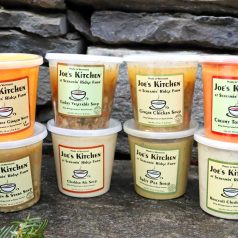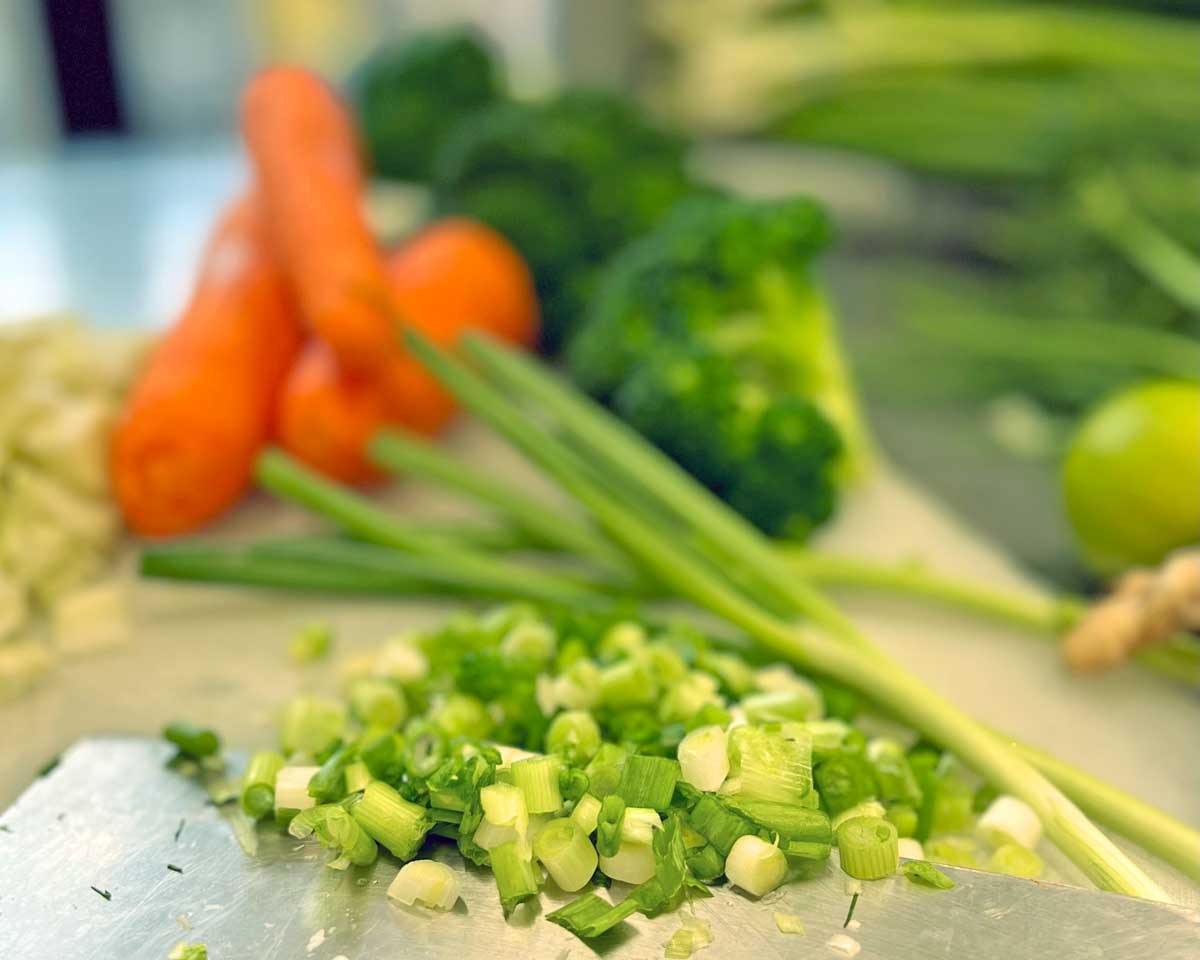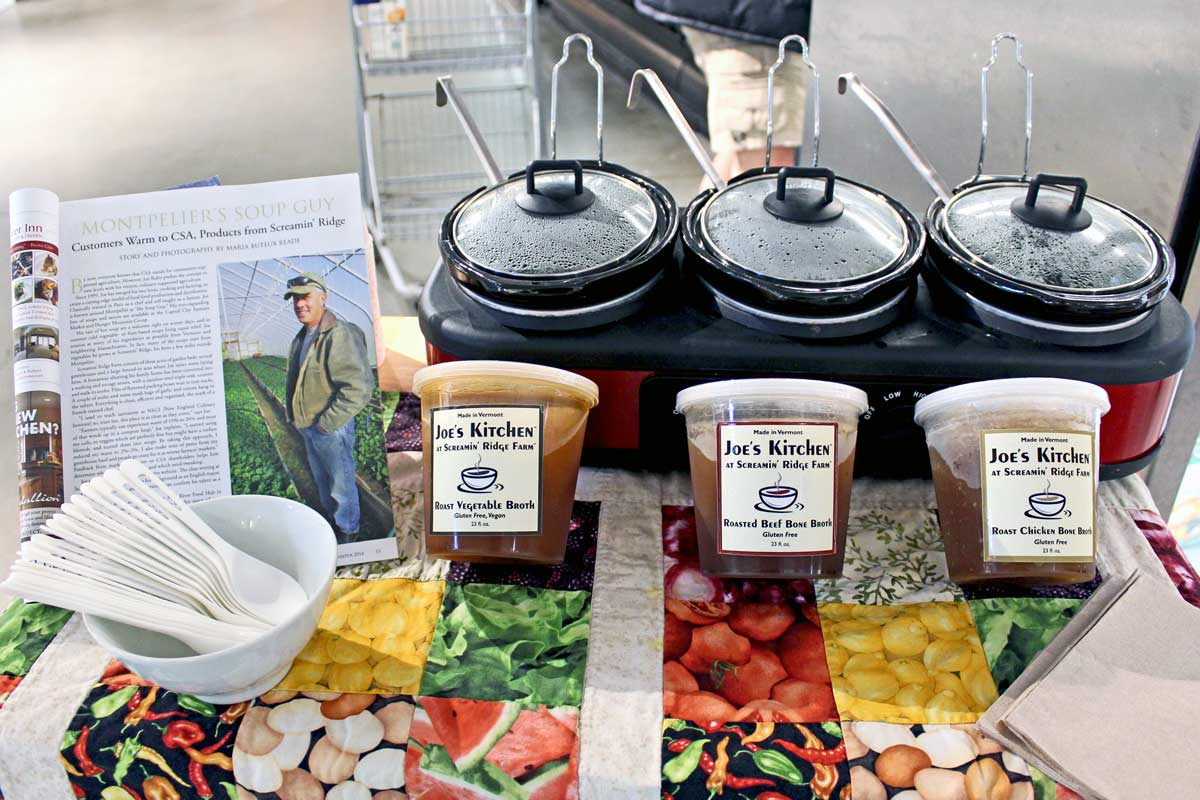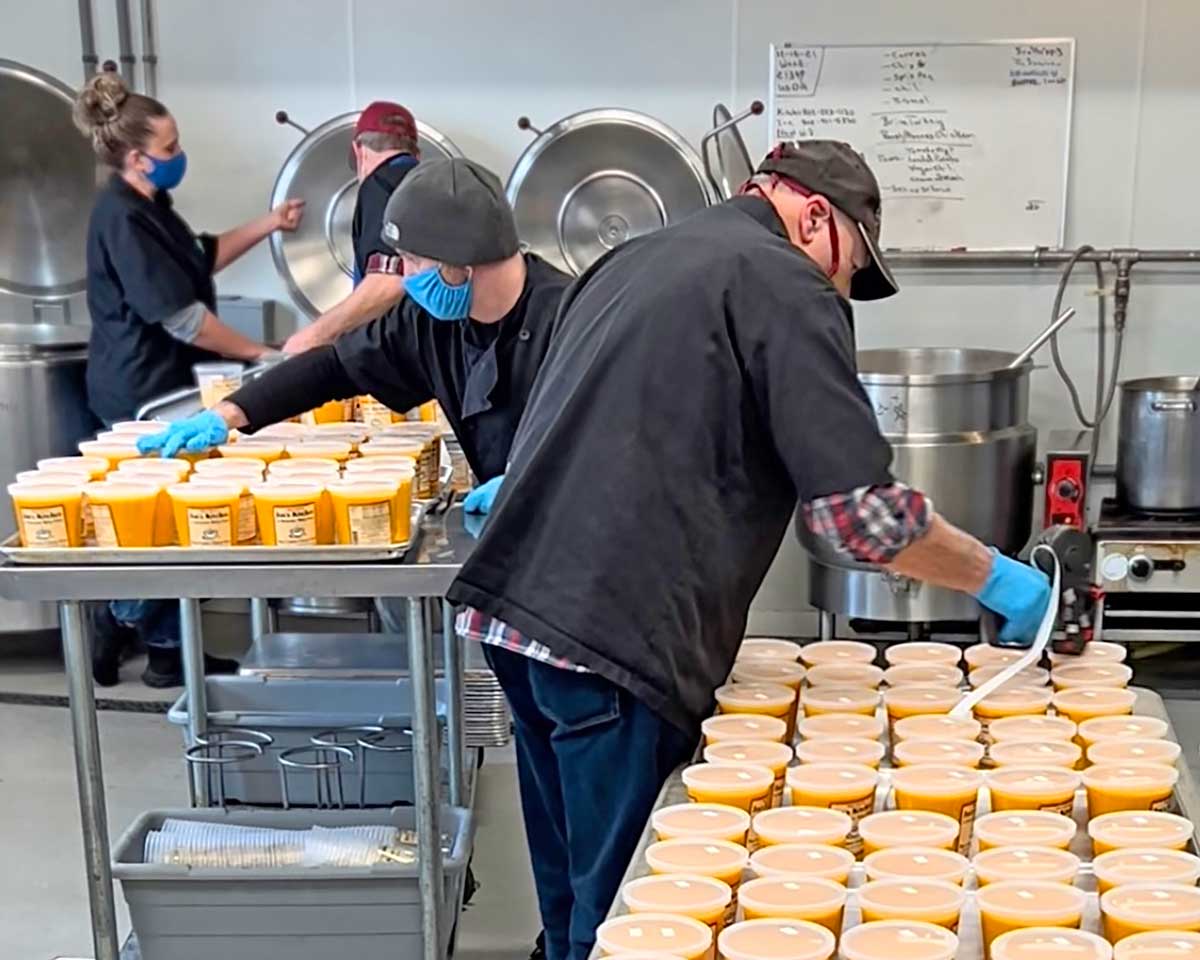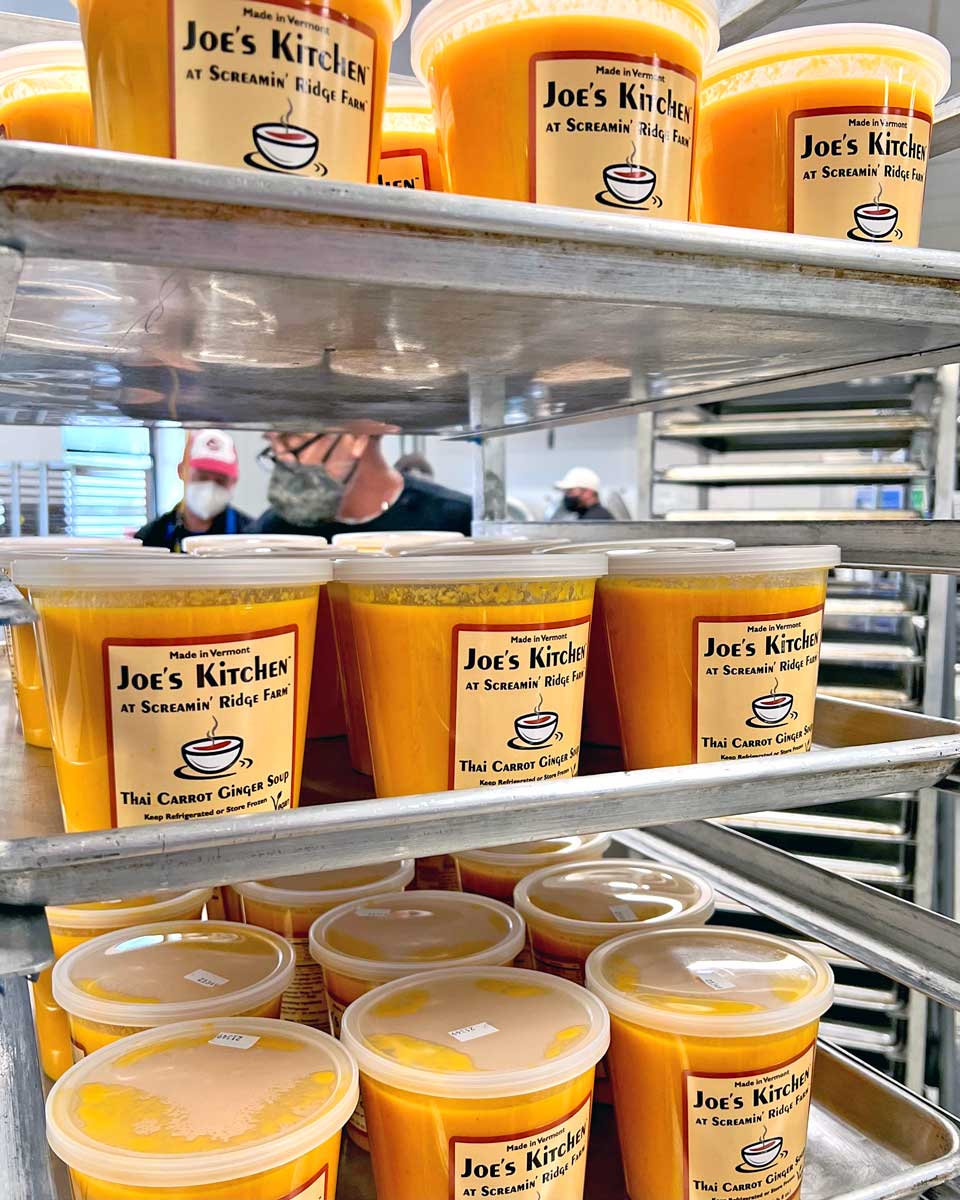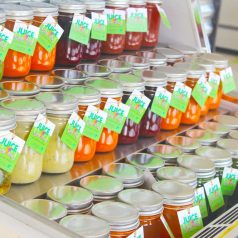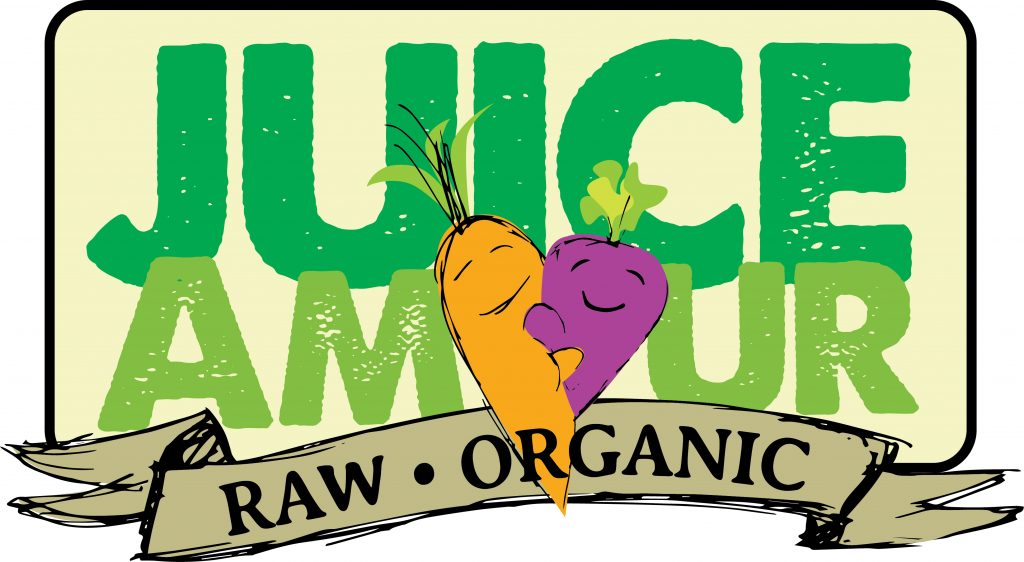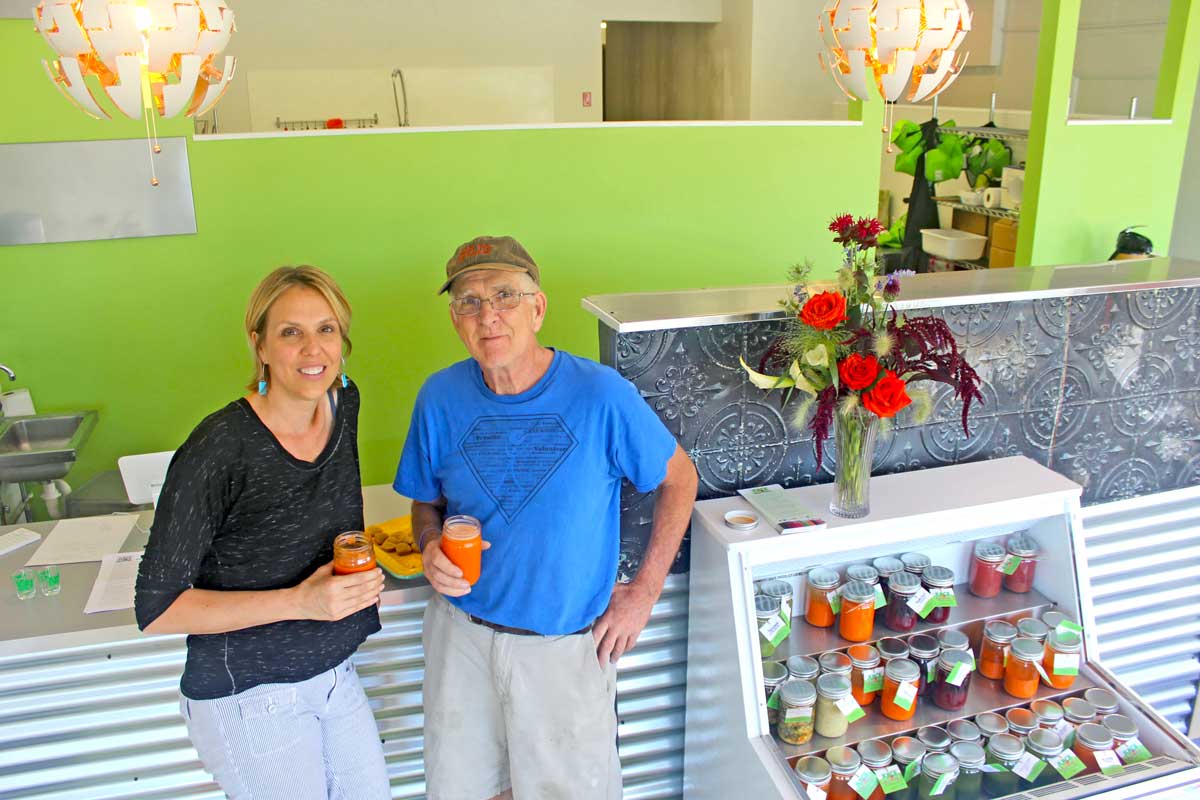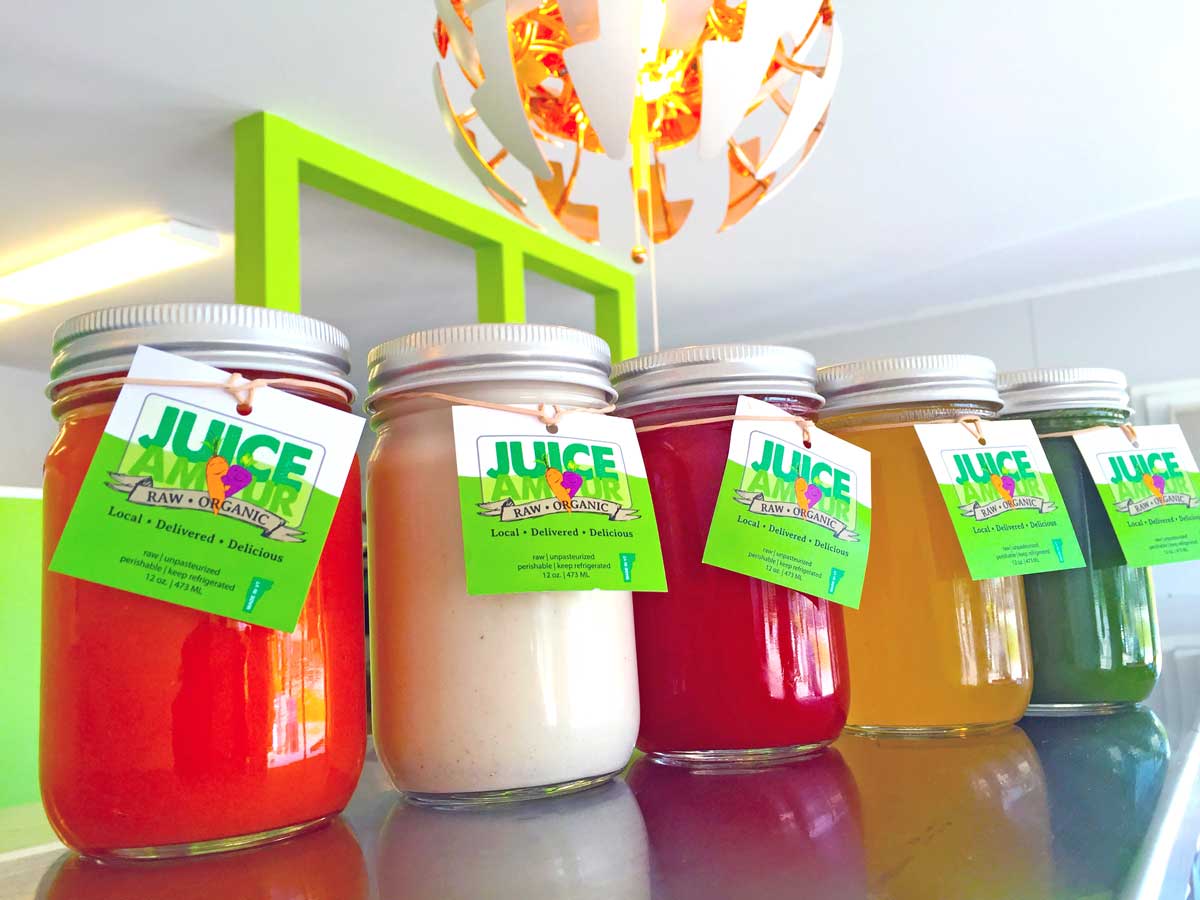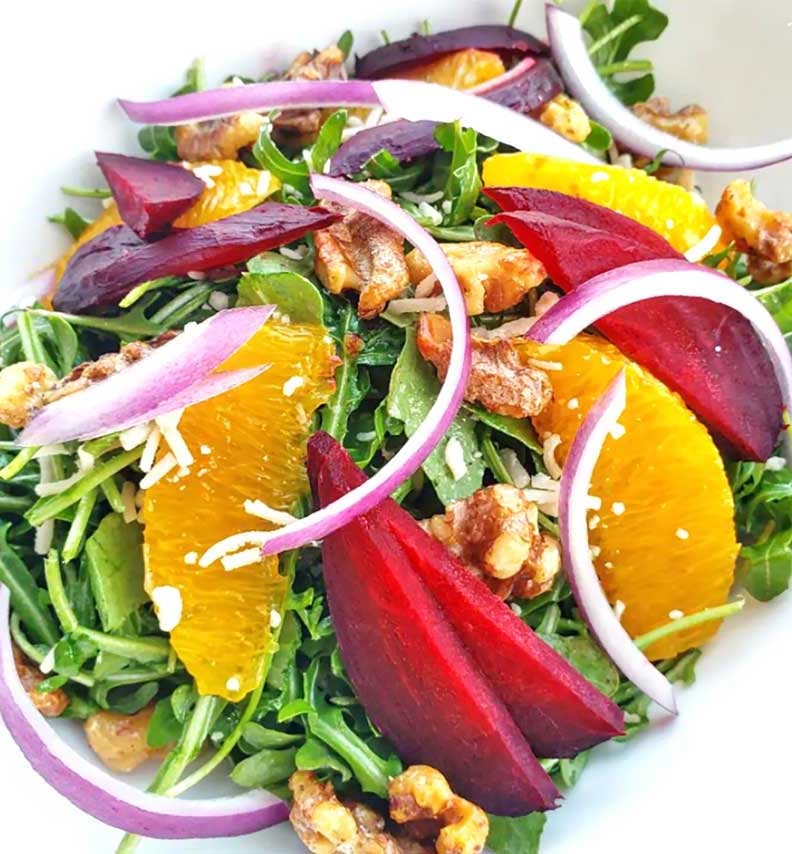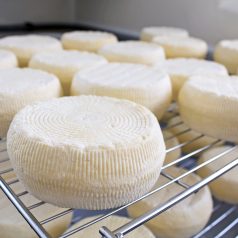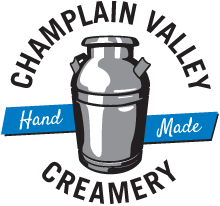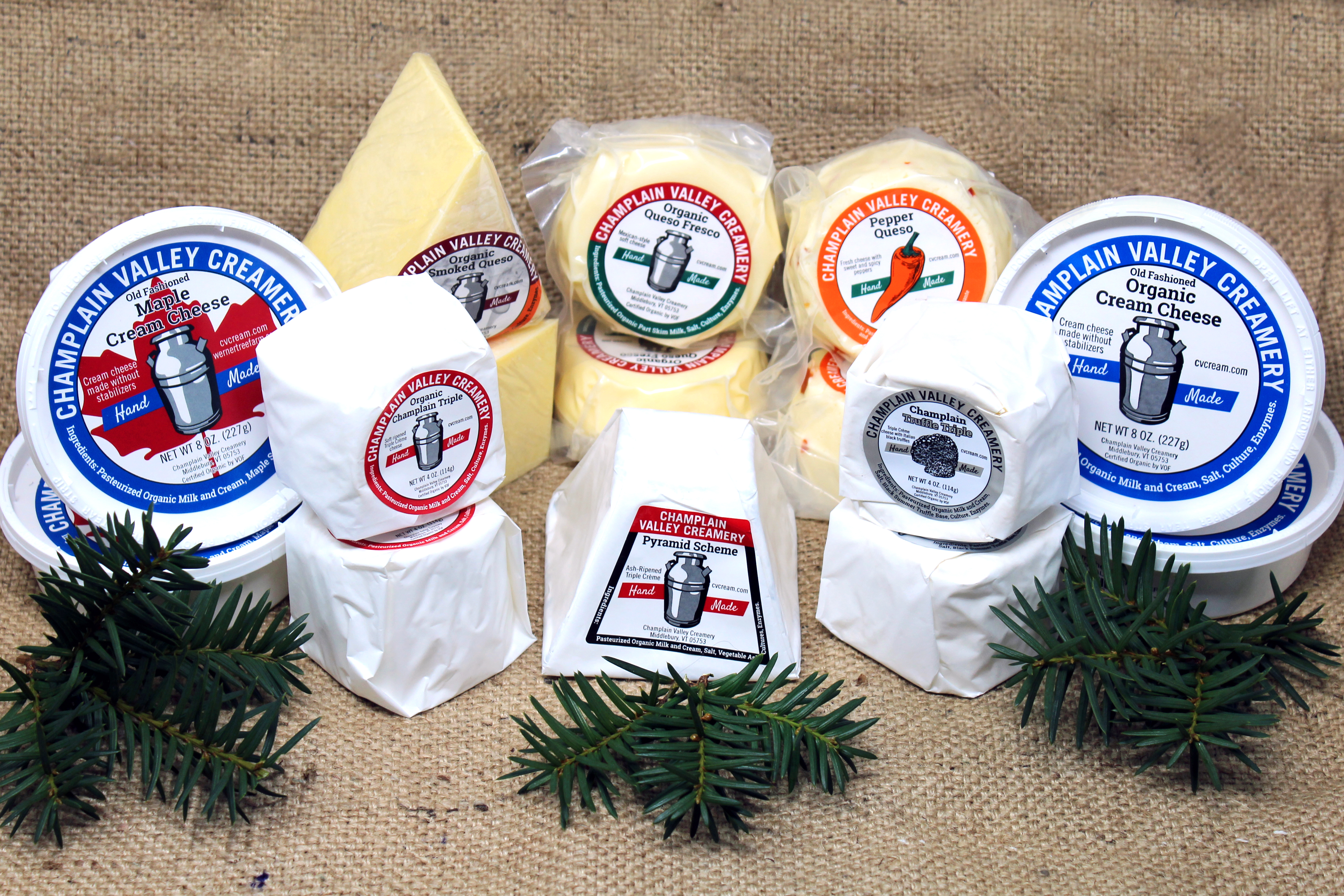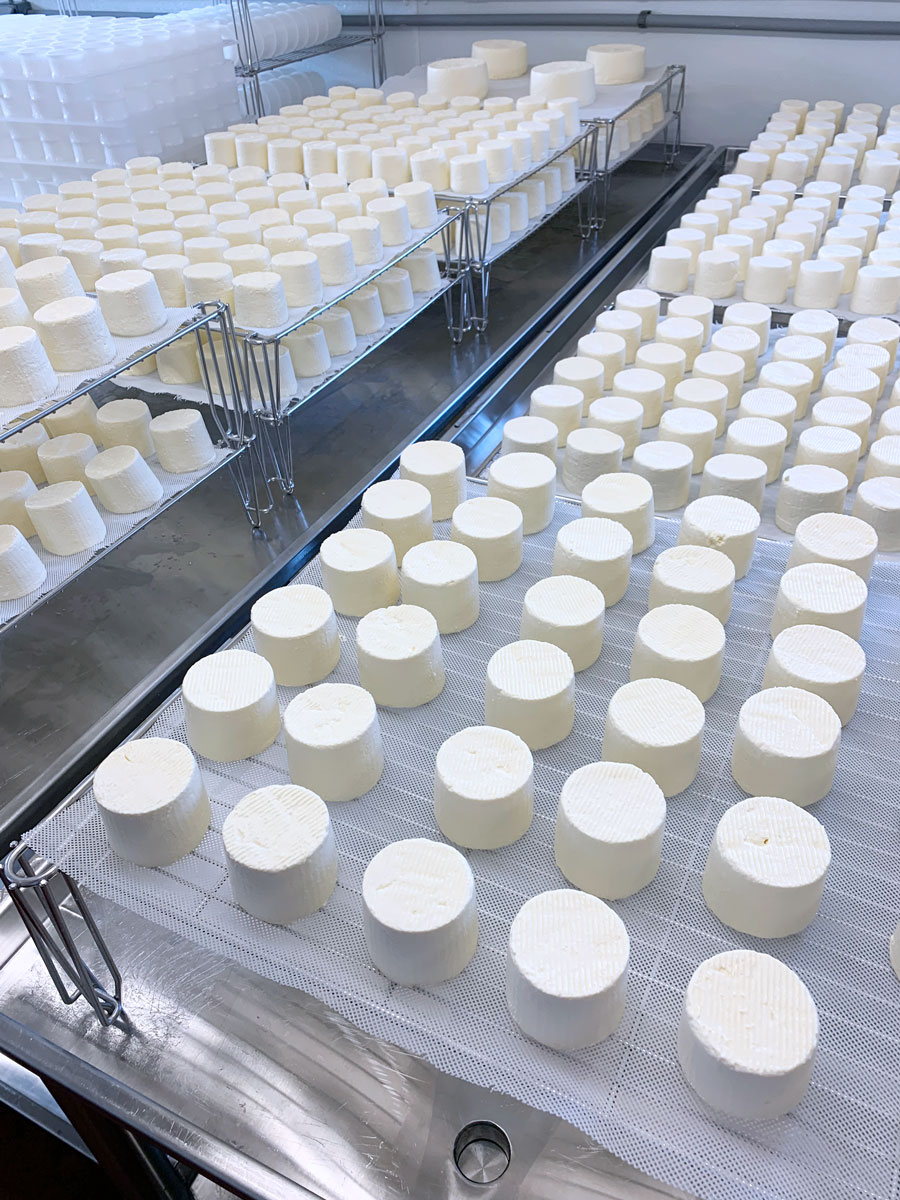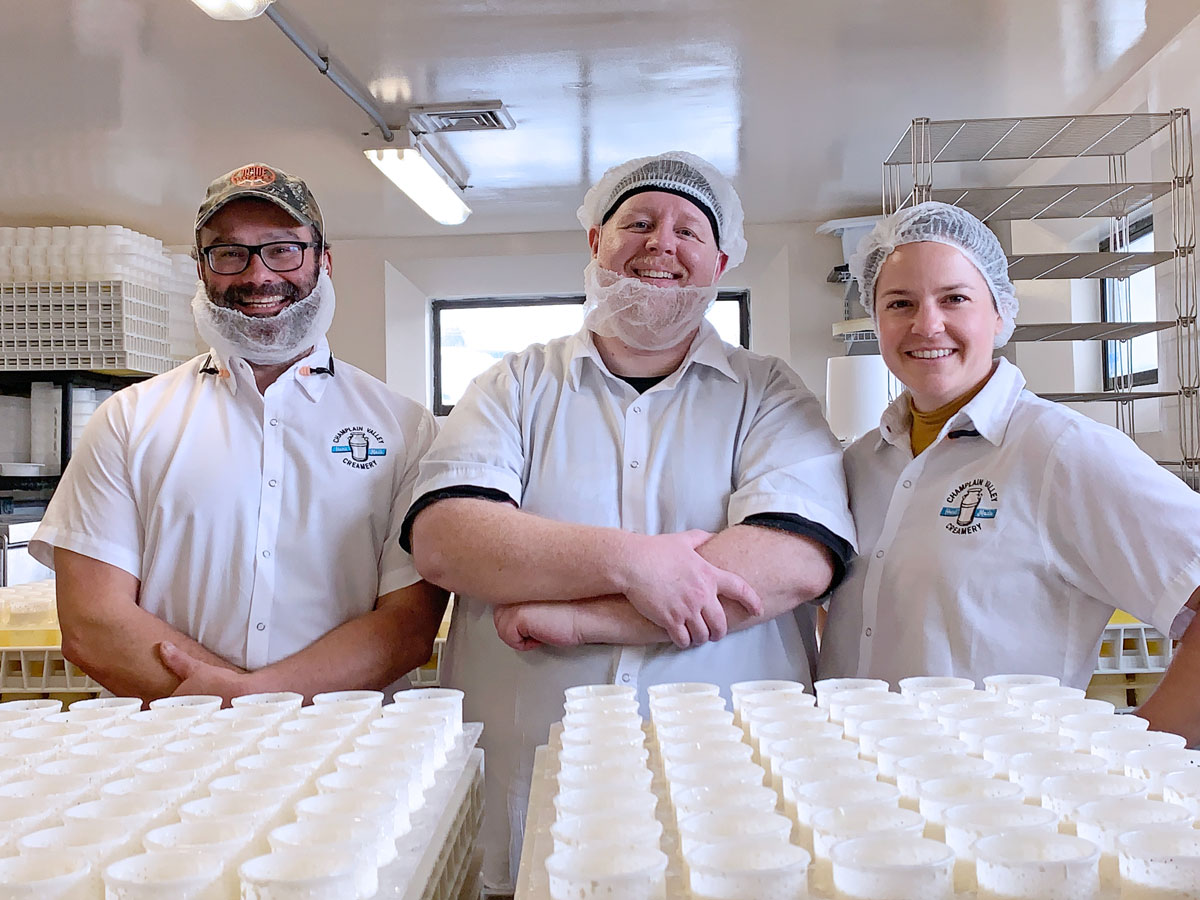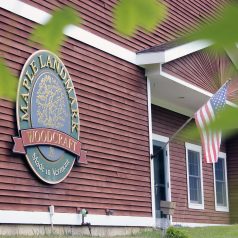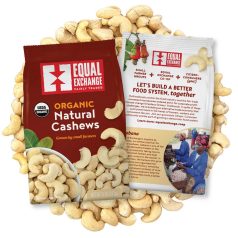
The Dark Side of the Cashew Industry
Cashews are a pantry favorite, but their production often comes at a steep human and environmental cost. From unethical labor practices to ecological damage, the hidden realities of this popular nut deserve a closer look.
This is a repost from Equal Exchange. You can read the original article here.
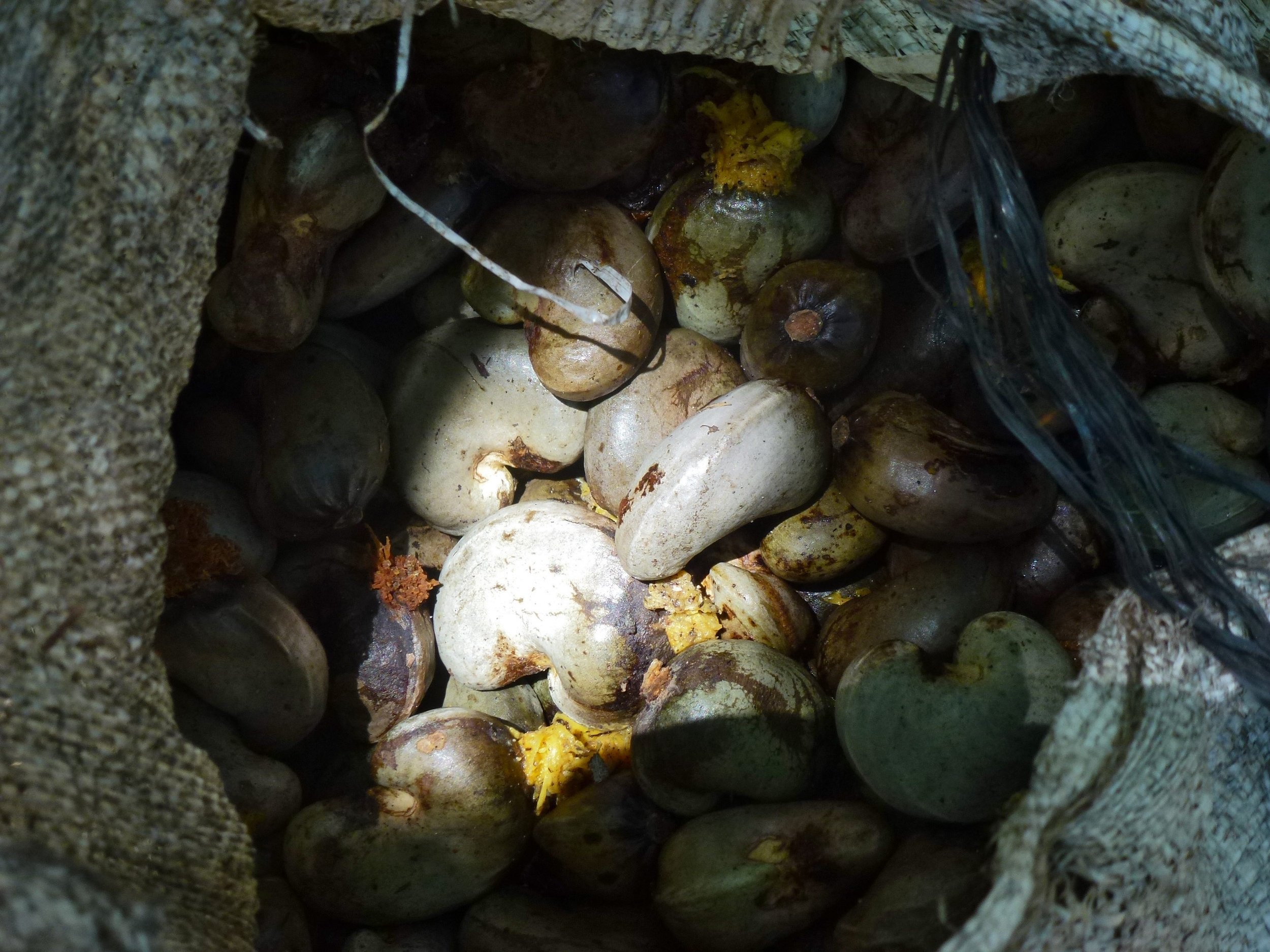
Why it matters which brand you buy
“If cashew importers want to ensure that their supply chains are not tainted with forced labor and abuse, they need to very closely scrutinize where they source their products.”
According to a 2018 study conducted for the Trade and Development Program of the Belgian government:
“… of the total 439,000 tons of cashew nuts that were exported globally in 2016, only 14,000, or three percent were sold under fair trade terms.”
Cashews: Healthy nuts, toxic industry
The popularity of cashew nuts has been steadily growing in recent years. They are valued for their rich, creamy flavor, high nutritious value, and the ease with which they can be substituted into plant-based diets. As the niche of health-conscious consumers widens across the globe, sales of cashews are also rising exponentially. According to Zion Reports, the cashew market is projected to expand about 4.5% annually from 2023 through 2030. Global sales generated almost $8 billion last year and are expected to reach $11 billion by 2030.
Although the health and nutrition benefits of cashew consumption are increasingly well-known and widely touted, sadly, the darker side of the cashew industry is shrouded in a lack of transparency. The global cashew nut trade is marred by unsafe and exploitative working conditions, poverty-line wages, and ecologically unsustainable supply chains. After Human Rights Watch released its 2011 report entitled, The Rehab Archipelago, an article in Time Magazine covering the industry, began with the question: “First there were blood diamonds from the Congo. Then, blood rubies from Burma. Could blood cashews from Vietnam be next?”
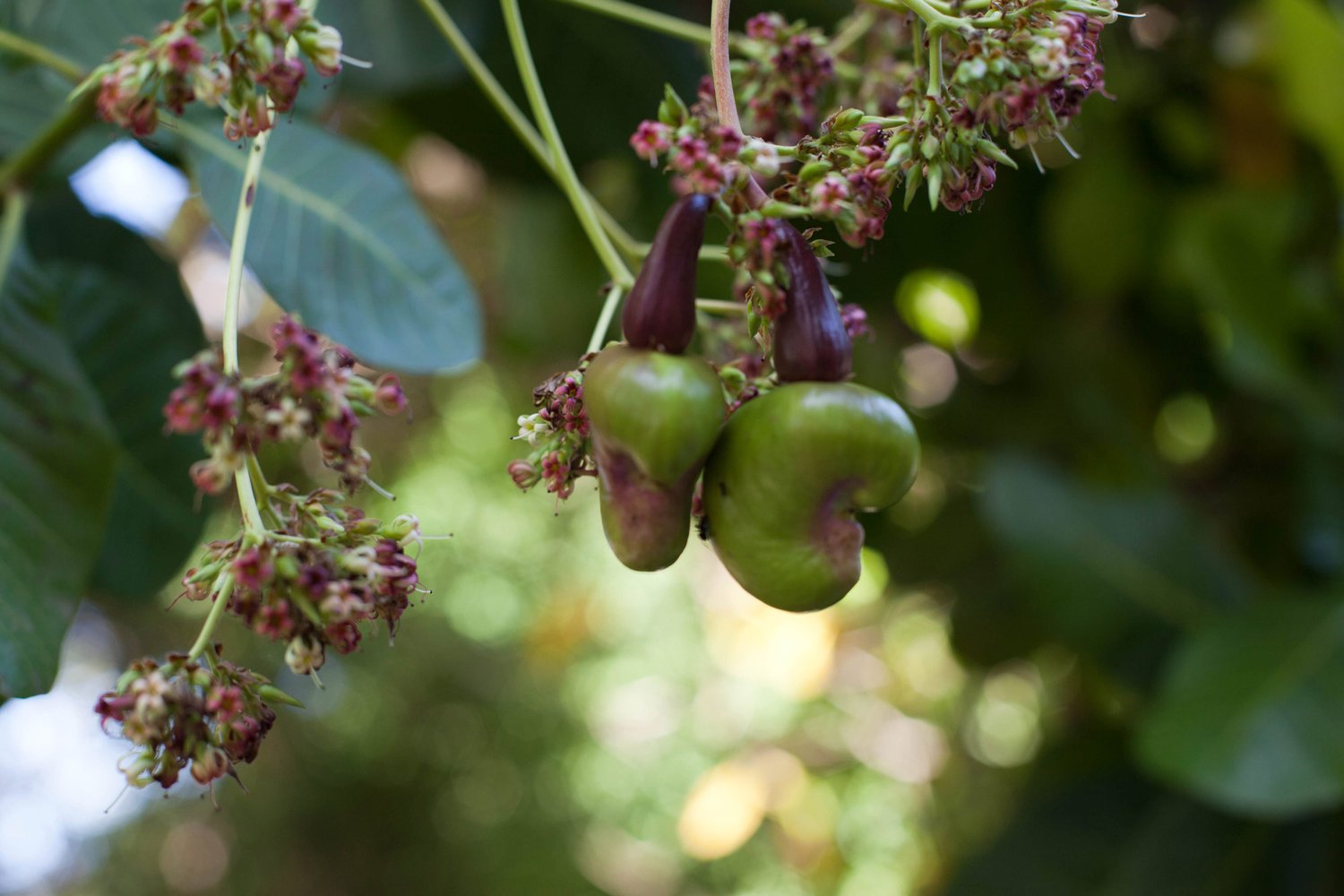
The human cost of cashew processing
According to ImpACT International, in a November 2019 article, Cashews are Delicious, but Come with a Human Cost:
“The cashew industry relies on a brutal manufacturing process to bring its products to market, including the forced labour and the exploitation of children. As documented by the International Labour Organisation and Human Rights Watch, the soaring demand for the nut has driven producers to hire cheap labour, including many children, to keep costs down. And in Vietnam, Human Rights Watch documented forced labour among vulnerable members of society, including inmates in prison on drug charges—for whom the grueling work, for little or no pay, is called ‘rehabilitation.’ If they refuse to work or do not meet their daily quota, they are punished with torture or solitary confinement.”
The vast majority of the global production of cashew nuts is processed in India and Vietnam. Despite reports of the horrendous working conditions that exist in many of these factories, there has been very little auditing or certification of the plants, and virtually no accountability throughout the industry.
The cashew plant comes from the same family as poison ivy and poison sumac. The shells contain anacardic acid, a naturally occurring chemical compound that is an extremely toxic chemical. When handled directly, it can cause severe irritation and burns to the skin. For this reason, cashews, unlike other nuts, cannot be sold in their shell. They are removed by hand, and the mostly female workers are rarely supplied with protective gloves, as it slows down work and can increase expenses. The smoke from processing is also toxic and can harm workers’ lungs.

Unsustainable and inequitable supply chains
Half of the world’s cashew nut production is cultivated in West Africa, in some of the world’s poorest and least developed countries. Due to a lack of resources and an unwillingness on the part of investors to build processing plants, only five percent of the cashew nuts grown in West Africa are processed in-country. Without access to manufacturing plants, local communities lose the bulk of the value—higher prices, employment, and economic development opportunities—generated by the global cashew industry. They also lose out on the value-added resulting from the sale of cashew processing by-products, such as cashew apples, cashew nutshell liquid, cardanol, and cashew gum.
Eighty percent of all cashew nuts are processed in just two countries, India and Vietnam. Because India has such a large domestic market for cashews, most of the imported nuts remain in-country. However, as much as 60-70% of the cashews sent to Vietnam for processing are then exported back to Europe and the United States for consumption. Not only are these supply chains opaque, but the carbon footprint and ecological impact of this extra shipping is extremely high.
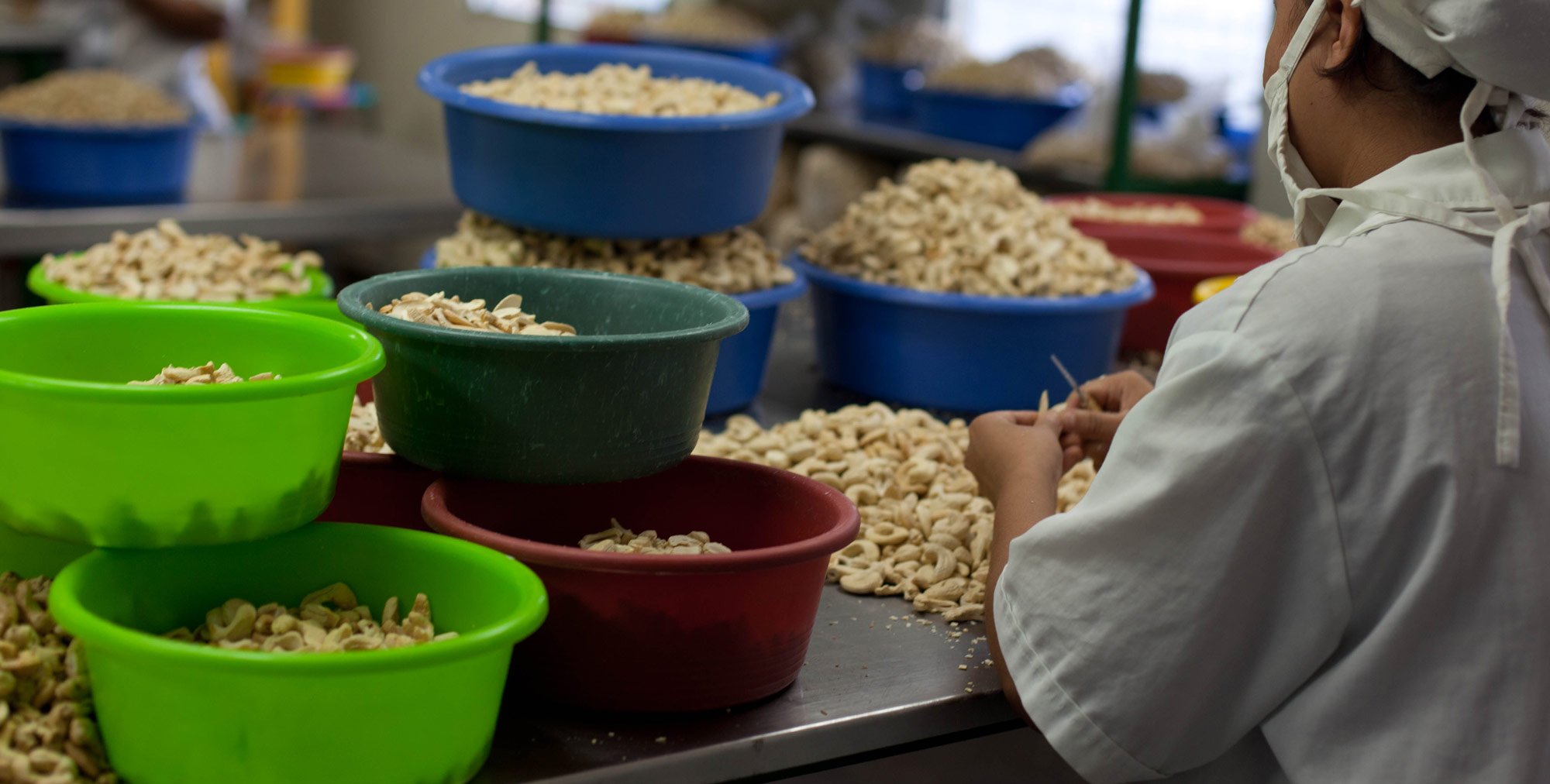
What can we do?
Ethically-minded citizen-consumers concerned about child labor, worker rights, and environmentally sustainable practices in the food industry, should make a point to learn more about what lies behind these tasty and nutritious nuts. With so much to criticize about the conventional cashew industry, choosing to buy cashew products from Equal Exchange and other Alternative Trade Organizations, is one important action we can all take. These supply chains are transparent and more ecologically sustainable.
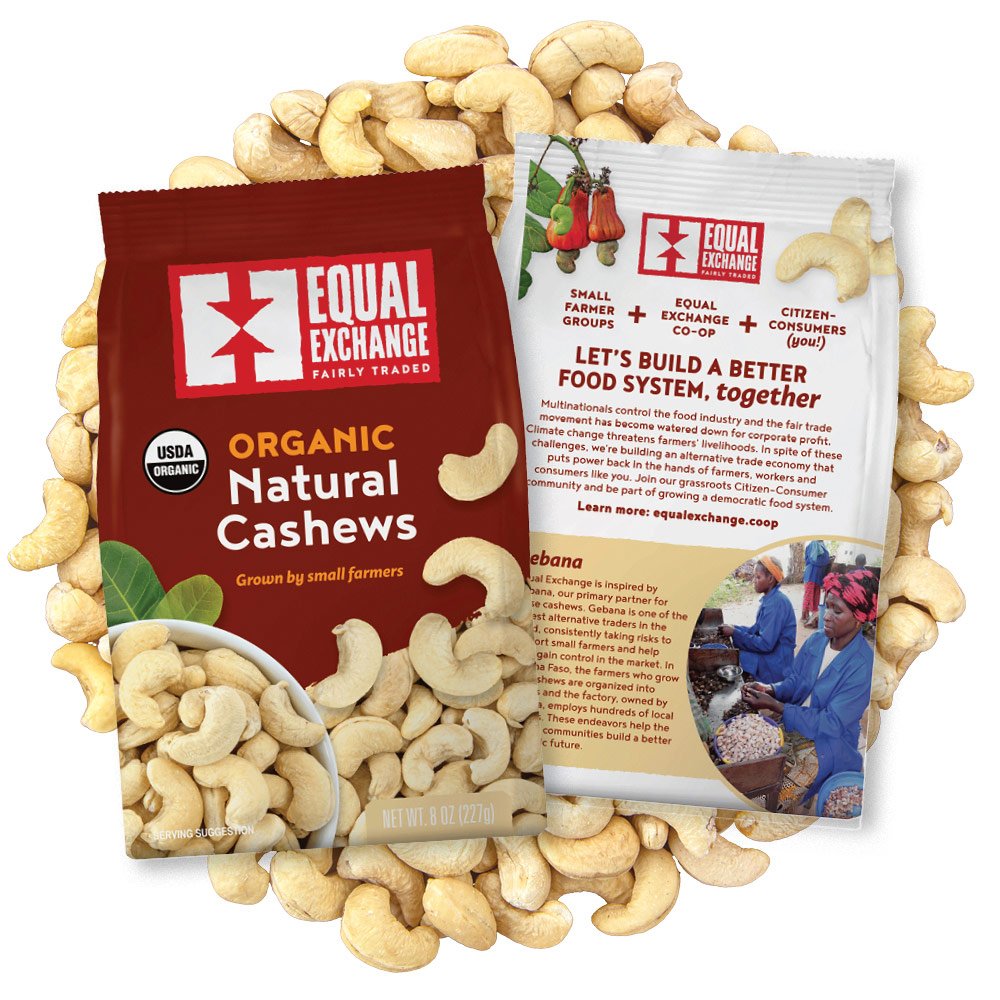
Most importantly, the farmers who grow cashews within these systems, such as Gebana Burkina Faso, receive critical benefits, such as technical training and support, higher prices, additional premiums and profit-sharing. With access to their own processing plants, the farmers are able to capture the added value, and their communities benefit from the employment and economic development that the manufacturing generates.
There doesn’t need to be a trade-off between consumer health and worker safety. Organizations do exist that make it part of their mission to build transparent and sustainable supply chains. As citizen-consumers, we can take steps to learn what’s behind the food we purchase and then act accordingly.
The choice is ours to make.



